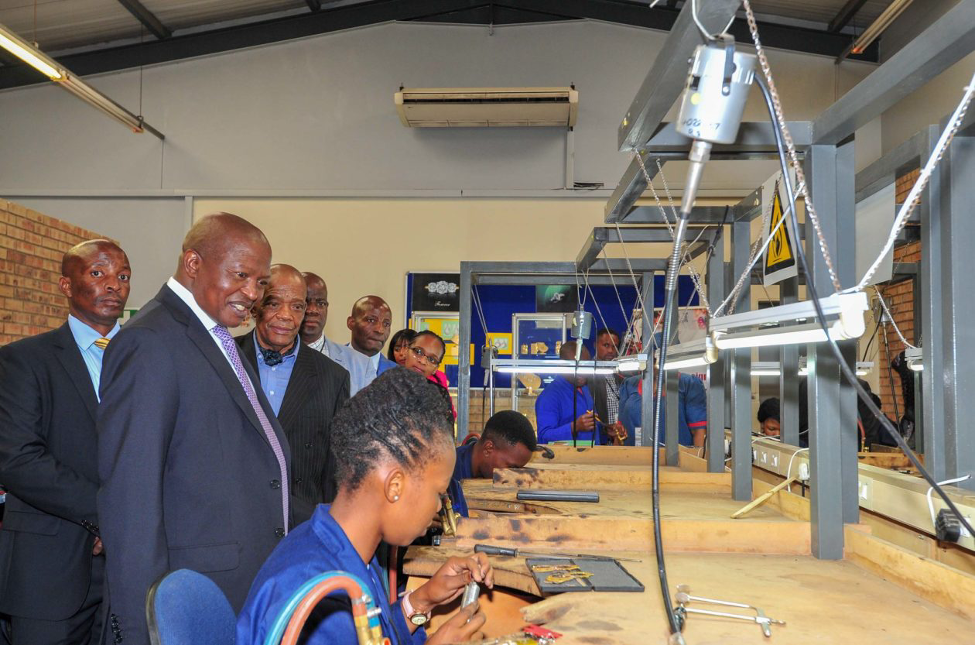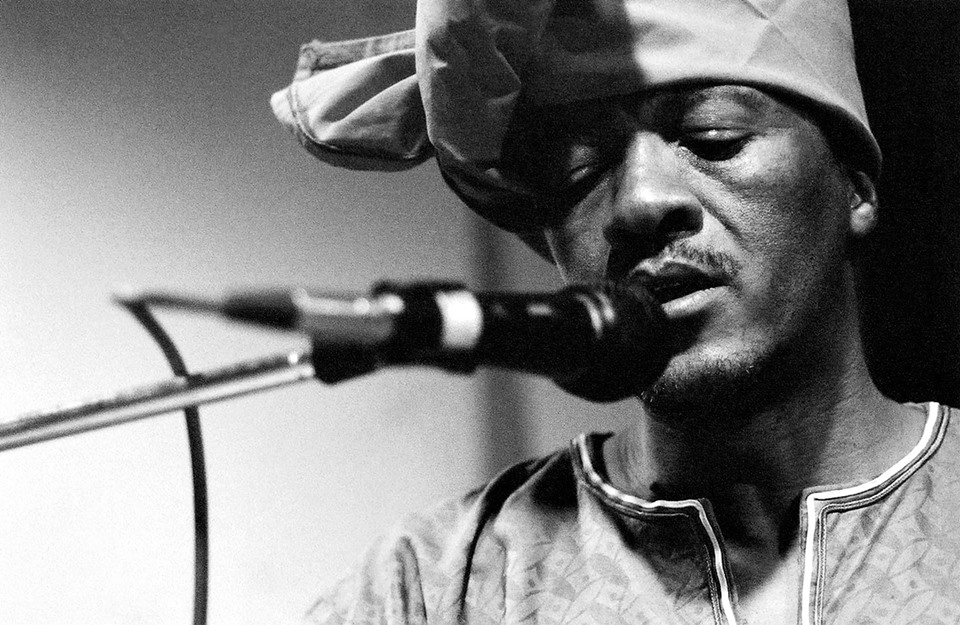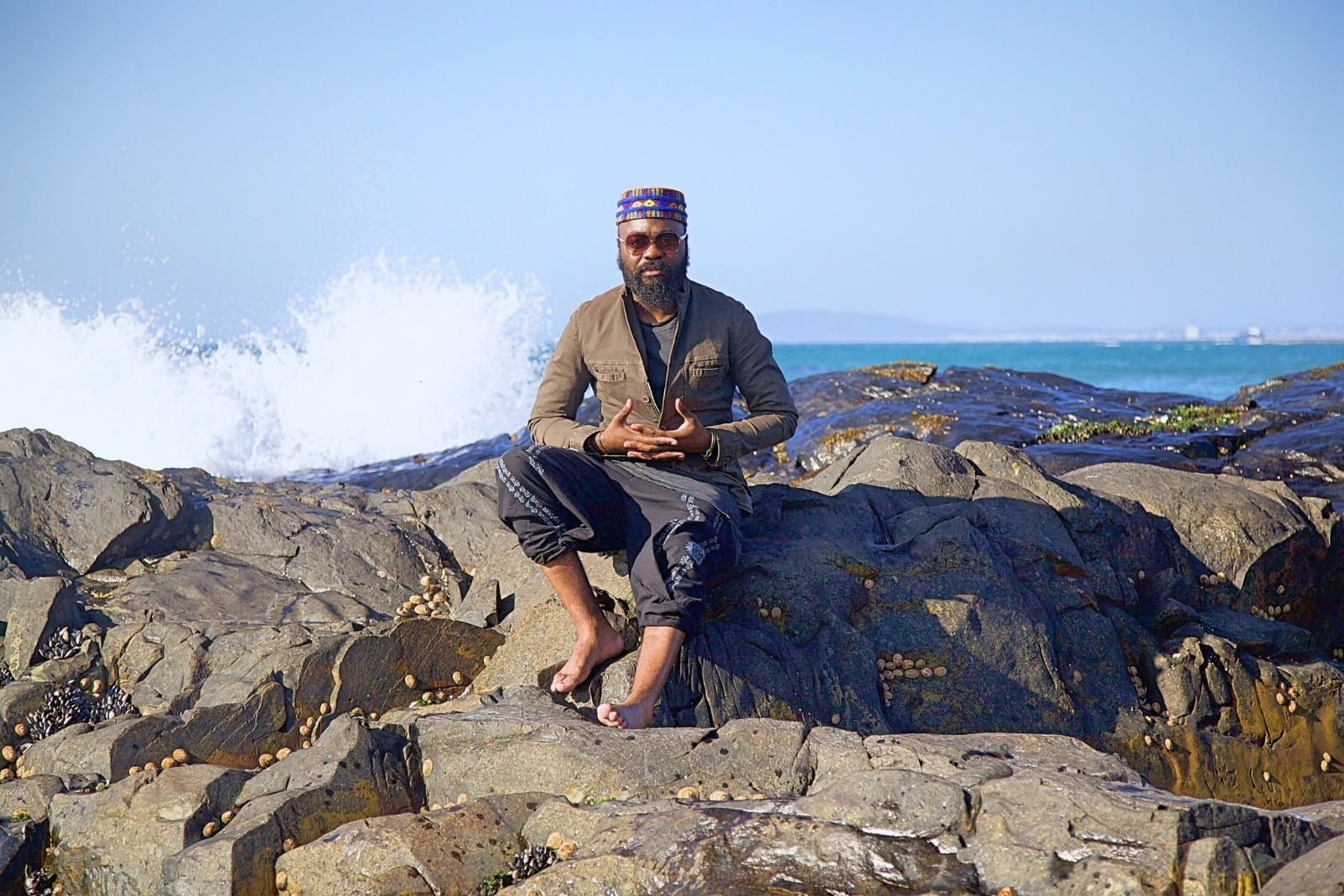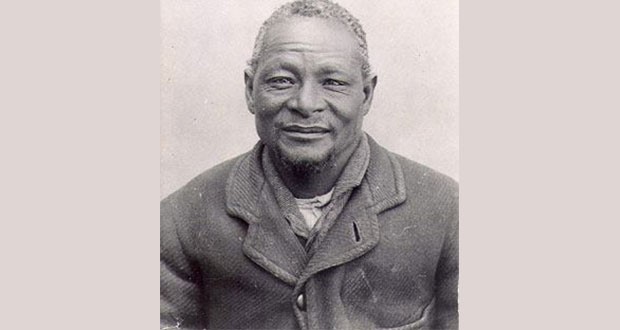Mindful of the intended aims of raising awareness about the "History of Vocational Education in South Africa," particularly regarding Technical and Vocational Education and Training (TVET), in order to address problems like access to education and youth unemployment in South Africa, it is crucial to acknowledge that 2024 roughly marks just less than four centuries since South Africa began participating in the enterprise of informal and later formal education. According to South African History Online (SAHO), the genesis of education participation in South Africa can be traced back to "17th April 1658, opened by the Dutch East India Company specifically intended for the slaves from The Amersfoort." In a more contemporary study by Sandra Sanyagitha Sooklal, it is stated that the origins of "The history of technical and vocational education in South Africa are bound up with the early development of the South African economy and the discovery of diamonds and gold in the 19th Century" (Sooklal; 2005:19). This premise is crucial when considering the content from the two recommended articles: "Education and Inequality in 2021: How to Change the System" by Dr. Conrad Hughes (2021) and "South Africa's Efforts to Tackle Joblessness Can Be More Effective: Here's How" by Prof. Lauren Graham et al (2021). Since both were published in 2021, both articles agree that Covid-19 exposed pre-existing inequalities.
One's historical and physical context is crucial when attempting to address: a) Overcoming problems for students in one's TVET classroom b) Pursuing desired working relationships with colleagues and students c) Understanding requirements for meaningful employment and the extent to which one can prepare oneself to mitigate the challenges presented by access to education and the worrisome unemployment rate among South Africa's youth. It is noteworthy that the two prescribed articles by Conrad Hughes (2021) and Lauren Graham et al (2021) complement each other, although the former focuses on educational matters in the international context, while the latter focuses on South Africa. Although Hughes is a Director-General of the International School of Geneva (Switzerland), which enjoys the status of being the world's largest and oldest international school founded in 1924, his international outlook on education and inequality in 2021 and his proposal on how to change the education system globally resonate with me because he is a South African-born scholar who studied in South Africa before going elsewhere in the world.
Key points derived from Hughes (2021) include:
a) Since the origins of formal education 5,000 years ago, there has always been a "favored class" (namely wealthy small elites - rich, able, and privileged).
b) This status quo persists to date.
c) Education is abused by ruling classes to, among other things, subjugate other races, such as in America during the 1800s when they undermined black people's cultural heritage and doomed them to menial labour.
d) Globally, education continues to be less accessible to women.
e) In many countries, expensive private schools are increasing, offering different approaches to education, yet state schools continue to struggle.
f) Data referenced from the United Nations Educational, Scientific and Cultural Organization (UNESCO) showed that the desire to achieve universal access to education is very slow, which explains the rationale for the United Nations (UN) Sustainable Development Goal (SDG) 4, which seeks to "ensure inclusive and equitable quality education and promote lifelong learning opportunities for all."
Hughes then provides the following points as prospects for the future:
a) Re-look at the pros and cons of scholarship programs, as they contribute to both access to transformative learning ecosystems and brain drain.
b) Cheaper private education increases access to private school education but also widens social divides because public schools fail to keep up.
c) It follows then why Hughes supports more robust state systems.
d) Regarding online learning, Hughes observed that it was a plus for access, albeit with internet challenges for most people and a lack of an "emotional quantum," thus decreasing motivation levels.
Hughes's and Graham et al (2021) share the same view of reforming the education system as a way forward by looking beyond "narrow academic metrics," a move from pure academics to a credit system capturing multiple other aspects of learning.
Focusing on South Africa, Graham et al (2021) pondered which interventions work to curb unemployment. They recorded that 74% of youth in South Africa were unemployed in 2021, according to Trading Economics, a statistic that has decreased to 59.4 in 2024. After considering several studies, they conclude that inadequate measures of success have unfortunately been used to assess the success of youth employability programs. Listed barriers transcend the labor market and education system, including food insecurity, income and poverty, and care responsibilities, among others. It is important to note that Graham et al (2021) point out that each of these factors limits the ability of young people to look for work.
The aforementioned listed challenges are argued by Graham et al (2021) to require support beyond just training and placement of young South Africans in entry-level jobs. In the current post-Covid-19 phase in South Africa, my aspiring role as a teacher in a TVET College located in the township of Alexandra compels me to be mindful of how Sooklal's (2005) study pointed out that TVETs in South Africa have a significant role to play in producing quality graduates who are engaged and believe in themselves. The elaborately listed points by Conrad Hughes (2021) and Lauren Graham et al (2021) are collectively worth considering when engaging students in my class on their personal progress and future careers in the TVET sector. Fellow colleagues teaching my students other modules will be engaged to join me in exploring "multidimensional programs offering comprehensive support beyond mere training." Mentorship is key for meaningful job preparedness and employment.
Makwande.























